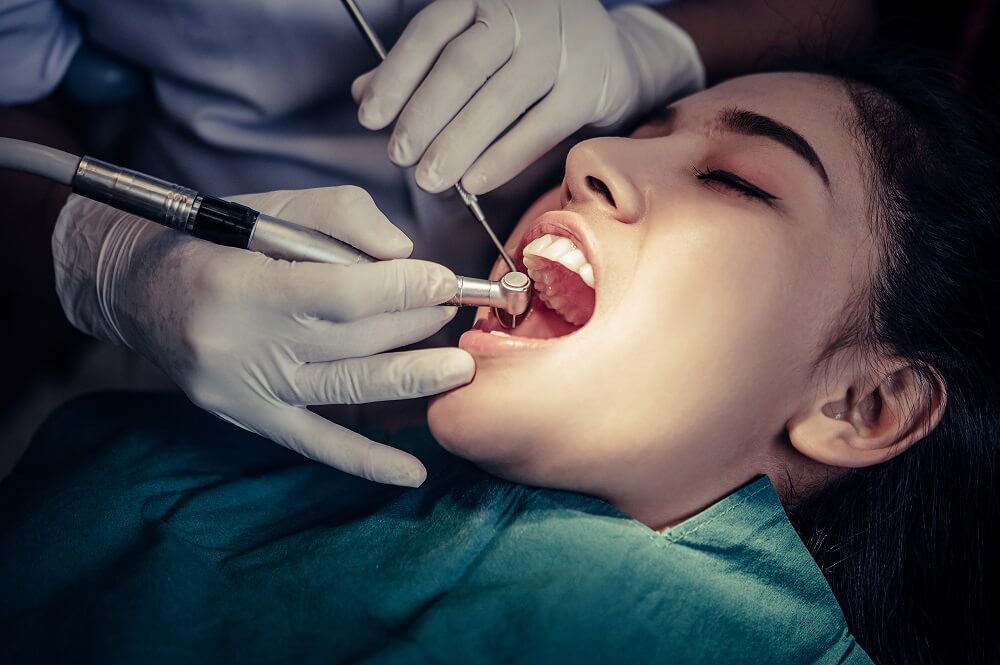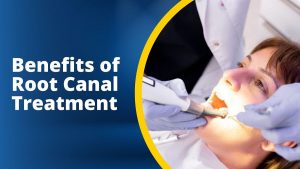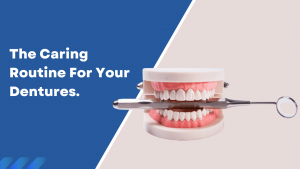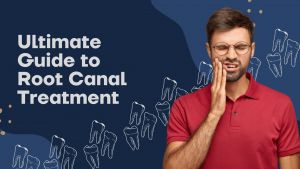There may be a time when your dentist recommends you to get your tooth extracted. With modern dentistry, there is nothing to worry about as it is a relatively painless and safe procedure. These dental extraction plays a very crucial role in our day to day life. There may be various reasons why you have to get your tooth extracted like
- Severe teeth or gum decay.
- Situations when the cavities have penetrated the gum lining and have reached the nerves in the gums.
- A simple wisdom teeth removal.
- Overcrowding of teeth.
- Teeth damaged during an accident.
- Age-related issues
It is usually a dentist or an oral surgeon who performs this procedure. Although it is a fairly standard procedure, you should remember a few things before getting a tooth extracted.
Prepping Before the Surgery
First, the dentist may ask you to fast a few hours before the procedure, and then he will take your medical history. An X-ray may also need to be taken in some cases.
They numb the area before starting the extraction. They may use a local anaesthetic in case it is simple tooth extraction. However, if it is a more complicated situation, like the tooth is yet to erupt, or the tooth may have broken from above the gum lining, they may use general anaesthesia to numb the whole body. You may be unconscious through the entire procedure. It also advised having someone accompany you so they can take you back home after the treatment, as it takes a few hours for the anaesthetic effects to go away entirely.
Disclose Your Medical History
It is essential that you disclose your entire medical history to the dentist. This is because certain medical conditions put you at a higher risk of developing an infection after the surgery. This dental extraction is a very complicated process. To prevent this, the doctor may advise you to take antibiotics before and after the tooth removal. Make sure that you inform your dentist about the supplements and medications or any allergies you suffer from and if you have any of the following health conditions:
- Cardiovascular issues.
- Artificial joints.
- Hypertension.
- Liver problems.
- Diabetes.
- Thyroid.
- Weakened Immune System.
- History of bacterial endocarditis
If you are suffering from a cold or flu just before the surgery, inform your dentist before, and they may have to postpone the procedure depending on the health issue.
Have a Support System
There is nothing major that will happen during the tooth extraction, but it is always better to have someone who will be there to support. It is not compulsory to have someone, but just in case of an emergency, the person accompanying you can provide some help. Nevertheless, even the bravest of people need someone to lean on every once in a while. They may also help you relax and calm down before the procedure. We can make sure that our team is the best in dental extraction. You may be a bit drowsy post-surgery due to the anaesthesia, and having someone accompany you back home is advised.
Recovery Takes Time
The recovery period after a dental extraction may vary from a few days to a few weeks, depending on the kind of tooth that was extracted. Healing of the wound may also depend on your medical history. Keeping this in mind, following a few steps may ensure a faster recovery.
- The dentist will place gauze on the area after the tooth is extracted, which is necessary for forming a blood clot. Make sure you keep changing the gauze every few hours to avoid infection.
- Avoid any exertion for the first 24 hours.
- Apply ice on the affected area to reduce swelling and have the painkillers as prescribed.
- As much liquid food as possible, slowly reintroduce solids into your diet. Avoid the use of straws for a few days.
- Maintain good oral health to avoid any infection.
In case a blood clot does not form, and the bleeding does not stop, do not panic and visit your dentist immediately. You must be suffering from a dry socket, which does not allow a blot clot to form, or it may have become dislodged, causing more pain.
Option to Replace the Tooth
There may be cases where the extracted tooth is vital for functions like chewing. Patients often feel the need to fill up the space in their mouth, and for this, there are various options. Your dentist may offer you dentures, bridges or a permanent dental implant. It will depend on the position of the tooth as well as your own choice. So talk to your dentist and find what you are looking for. Tooth removal is a quick and safe procedure but make sure you get it done by a professional to ensure your safety and prevent any issues later.







